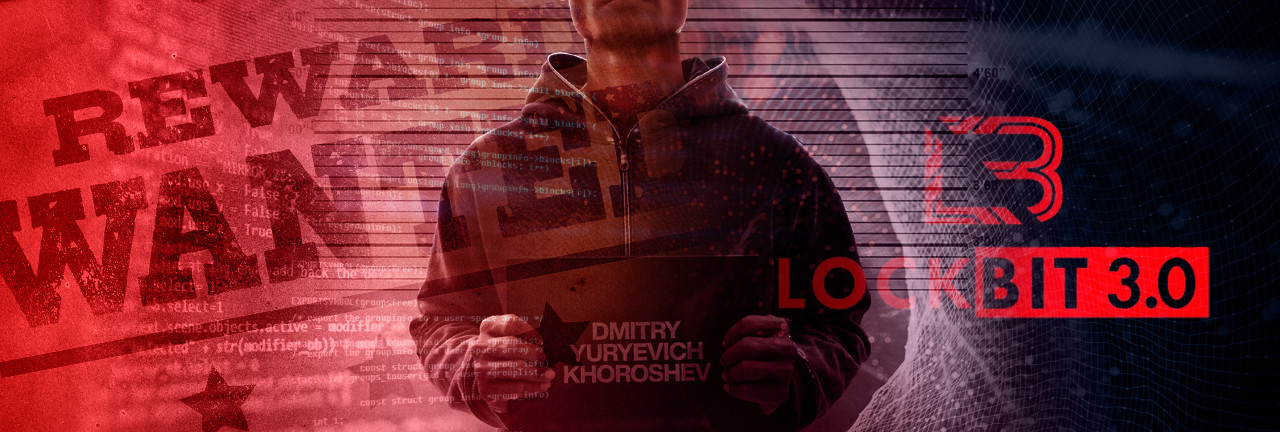With £4.2 billion set aside for the UK's healthcare sector in the 2024 Spring Budget, there are new opportunities for digital transformation initiatives to optimise operational efficiency and enhance patient care across the country, provided they are correctly acted upon. Ultimately, the goal is to save £3.5 billion over the next five years by making things more efficient, in line with the NHS Long-term Workforce Plan. Simple, right? Well, yes and no…
What's happened? Recorded Future has reports that the British Government is proposing sweeping change in its approach to ransomware attacks.
We make payments, large and small, every day of our lives. From paying our bills and making payments to friends online, to the large-scale bank transfers that help business flow. Money changes hands through a wider range of channels and platforms than ever before, to the extent the days of cash-in-hand being the default payment model are a fading memory for many of us. The convenience and flexibility can't be disputed, but as with any emerging technology, the new flows of data must be given careful consideration, ensuring businesses and customers alike can rest assured that their money will remain secure throughout every stage of every transaction.
Security agencies in the United States have issued a new warning about the Black Basta ransomware group, in the wake of a high-profile attack against the healthcare giant Ascension.
Do you know Dmitry Yuryevich Khoroshev?If you do, there's a chance that you might well on the way to receiving a reward of up to $10 million.Law enforcement agencies across the US, UK, and Australia have named Dmitry Yuryevich Khoroshev as the mastermind behind the notorious LockBit ransomware group, estimated to have extorted $500 million from companies worldwide.
Although the sector as a whole has traditionally been comparatively wary of the ever-increasing pace of technology, legal services are increasingly data driven, with an abundance of AI-related discussion emerging within legal technology circles. The core Document Management Systems (DMS) and Practice Management Systems (PMS) remain the centre of focus for how and where to deploy a variety of rapidly maturing SaaS platforms, or dedicated, highly customised suites.
The international hotel chain Omni Hotels & Resorts has confirmed that a cyberattack last month saw it shut down its systems, with hackers stealing personal information about its customers.In the aftermath of the attack, hotel guests reported that they had been forced to check in on paper, that room keys didn't work, and all phone systems and Wi-Fi were offline.
Any organisation that has tried to recover from a ransomware attack knows that it can be time-consuming and costly. Companies hit by an attack must choose between paying a ransom or recovering encrypted data from a backup.Unfortunately, ransomware gangs are too aware that they can leverage significantly higher ransoms from their corporate victims if they have also compromise the company's backups. For this reason, we are seeing more and more cyber attacks targeting backups because they know that organisations desperately need them to recover if they want to avoid paying a ransom to cybercriminals.
In October 2023, the British Library suffered "one of the worst cyber incidents in British history," as described by Ciaran Martin, ex-CEO of the National Cyber Security Centre (NCSC). The notorious Rhysida ransomware gang broke into one of the world's greatest research libraries, encrypting or destroying much of its data, and exfiltrating 600 GB of files, including personal information of British Library staff and users.
To Test or Not to Test? - When it comes to IT disaster recovery and remediation processes, regular testing is not a 'nice to have' - it's absolutely essential!This isn't hyperbole on my part. You just have to look at the news on any given day. We've all heard the horror stories of organisations in both the public and private sectors experiencing prolonged downtime during disasters due to inadequate preparation, lack of testing, and the unsuitability of their legacy remediation processes and systems.
On the 18th March 2024, the Information Commissioner's Office issued its updated guidance around the issuing of fines when organisations have been found liable for the integrity of their customers' or end users' data being compromised. It is already well-established now that failure to ensure critical data remains secure will result in costly fines, as we have seen repeatedly in multiple high-profile cases over the years.
The retail landscape has fundamentally changed in recent years, partly driven by the necessities of COVID lockdowns, and partly by ongoing shifts in customer preferences and behaviour. As we have previously explored on this blog, the familiar high street shopping experience is increasingly converging with online and click-and-collect shopping, offering a new breed of data-driven shopping experience.












